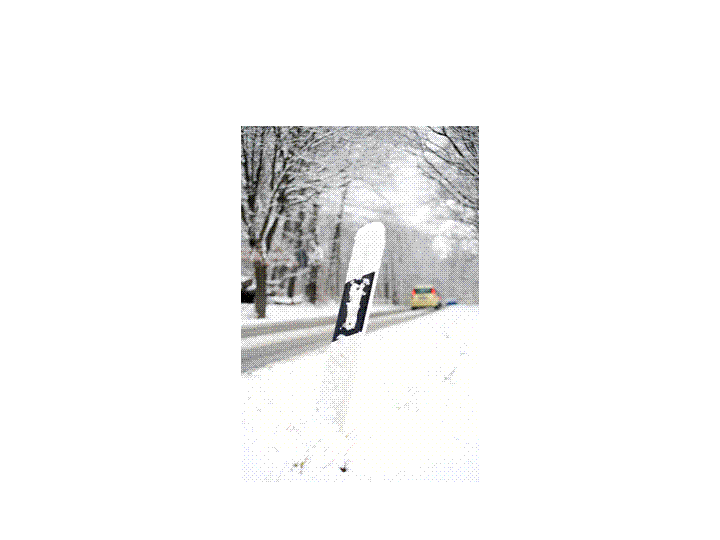Department of Health
Extreme Cold Weather Tips
There is a serious health risk of frostbite, hypothermia and physical exertion during extreme cold weather.
This article is 13 years old. It was published on February 1, 2011.

Extreme Cold Weather Tips
Exposure to cold temperatures can cause serious health problems. Infants and the elderly are particularly at risk but these problems can impact anyone. The City of St. Louis Department of Health is warning residents to take precautions during extremely cold weather to avoid frostbite, hypothermia and physical exertion.
Frostbite
Frostbite is an injury to the body that is caused by freezing. The injury causes a loss of feeling and color in affected areas. It most often affects the nose, ears, cheeks, chin, fingers, or toes. Frostbite can permanently damage the body, and severe cases can lead to amputation. At the first signs of redness or pain in any skin area, residents are advised to get out of the cold or protect any exposed skin. The following signs may indicate frostbite: a white or grayish-yellow skin area or skin that feels unusually firm, waxy or numb. Because frozen tissues are numb someone with frostbite may be unaware of it until someone else points it out to them.
Hypothermia
When our body is exposed to cold temperatures, we begin to lose heat faster than it can be produced. Extended exposure to the cold will eventually use up stored energy in the body. The result is hypothermia, or abnormally low body temperature. Body temperature that is too low affects the brain, making the victim unable to think clearly or move well. This makes hypothermia particularly dangerous because a person may not know it is happening and won't be able to do anything about it. The warning signs of hypothermia in adults are shivering, exhaustion confusion, fumbling hands, memory loss, slurred speech and drowsiness. Signs for infants include bright red, cold skin and very low energy.
 Public health officials advise residents who experience any signs of frostbite or hypothermia to seek medical advice immediately.
Public health officials advise residents who experience any signs of frostbite or hypothermia to seek medical advice immediately.
Physical Exertion
Cold weather can place an extra strain on the heart. If you have heart disease or high blood pressure, follow your doctor's advice about shoveling snow or performing other hard work in the cold. Otherwise, if you choose to exercise outdoors or to complete heavy outdoor chores dress warmly, work slowly and take breaks. Remember, during cold weather your body is already working hard just to stay warm so don't overdo it.
For additional cold weather information, consult the Centers for Disease Control and Prevention's Extreme Cold Weather Guide, which is linked below.
-
Department:
Department of Health
-
Topic:
Health